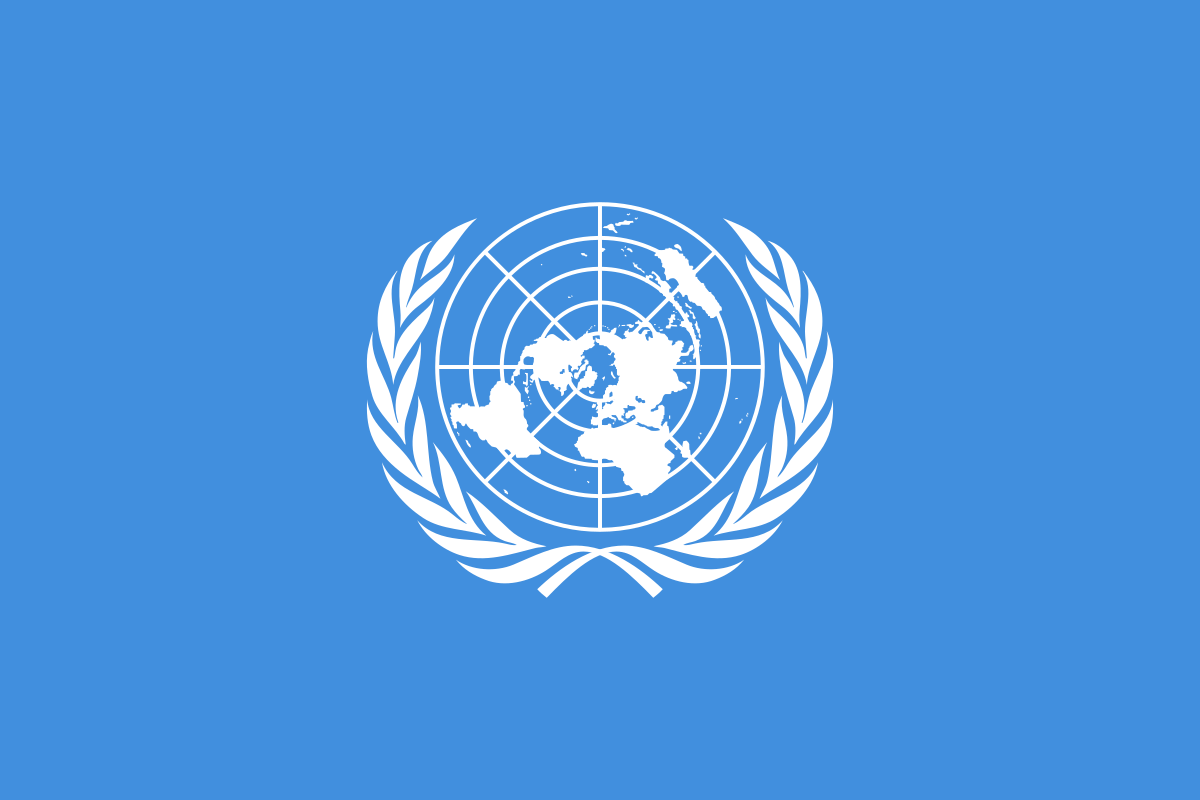The signing of the United Nations (UN) charter 75 years ago marked a new era in human history that heralded the emergence of a consensus-driven, rules-based international order and guided by multilateralism.
It was a great relief for a world exhausted by devastating horrors of the First and Second World Wars and ushered a hope and optimism for global peace and security, development and human rights.
- UNITED NATIONS: Humans ‘threaten 1m species with extinction’
- UNITED NATIONS: UN says six die every day in Mediterranean crossings
The name “United Nations” was first coined by the United States (US) President, Franklin D. Roosevelt, in the Declaration by UN of 1 January 1942, during the Second World War, when representatives of 26 nations pledged their Governments to continue fighting together against the Axis Powers.
In 1945, representatives of 50 countries met in San Francisco at the UN Conference on International Organisation to draw up the UN Charter based on the proposals worked out by the representatives of China, Soviet Union, United Kingdom and the US at Dumbarton Oaks, United States in August-October 1944.
Representatives of the 50 countries signed the Charter on 26 June 1945, though Poland, which was not represented, signed it later and became part of the original 51 Member States.
The UN officially came into existence on 24 October 1945, when China, France, the Soviet Union, UK, US and the majority of other signatories ratified the Charter, which is why UN Day is celebrated on 24 October each year.
It is remarkable that the UN’s 75th anniversary is taking place at a time of great global economic and social disruption caused by Coronavirus (COVID-19).
The pandemic is a stark reminder of why the UN came into being. Apart from leading in the global efforts to combat COVID-19, The UN has been at the forefront of meeting Sustainable Development Goals (SDGs), including other initiatives towards finding solutions to climate crisis, inequalities, new forms of violence, and rapid changes in technology and in our population.
And it is the embodiment of the hopes and fears of a peaceful world.
Yet, the drawbacks of the UN have to do with its structure.
The UN Security Council (UNSC), with the veto powers wielded by the Big Five – US, Britain, France, Russia and China, has been the major impediment to the world body.
Because of this, it has oftentimes been incapacitated in taking difficult decisions especially when their interests collide.
And when resolutions are passed by the UN General Assembly, it has often been ignored.
For example, the UN has passed resolution of the two-State solution to the Palestinian/Israel conflict but has never been implemented.
The UN has been a big success.
It has prevented a Third World War in 75 years even though there have been some nasty proxy wars by the World powers, which it couldn’t stop.
But it has managed to stop the Big Powers from going to war against each other.
It has also largely widened its roles to include other development agencies, which has greatly impacted the world positively.
The biggest is the World Health Organisation (WHO) that has introduced organisation-wide reforms to improve global performance during health emergencies and eradication of diseases such of cholera, influenza, chickenpox, smallpox and other diseases.
Other UN agencies that have impacted the world are Food and Agriculture Organisation (FAO), International Fund for Agriculture Development IFAD), United Nations Educational, Scientific and Cultural Organisation (UNESCO), United Nations Children’s Fund (UNICEF), originally known as the United Nations International Children’s Emergency Fund, World Bank, International Monetary Fund (IMF) and the United Nations High Commission for Refugees (UNHCR). These agencies have had great and lasting impacts on Africa.
As the UN moves ahead, the UN should focus more on improved access to basic services – healthcare, safe water, sanitation and education.
It should also mobilise international solidarity and increased support to efforts to guarantee world peace and security, tackle poverty, greater respect for human rights and lead the fight against corruption and tackling inequalities and rebuilding a more inclusive economy.

 Join Daily Trust WhatsApp Community For Quick Access To News and Happenings Around You.
Join Daily Trust WhatsApp Community For Quick Access To News and Happenings Around You.


